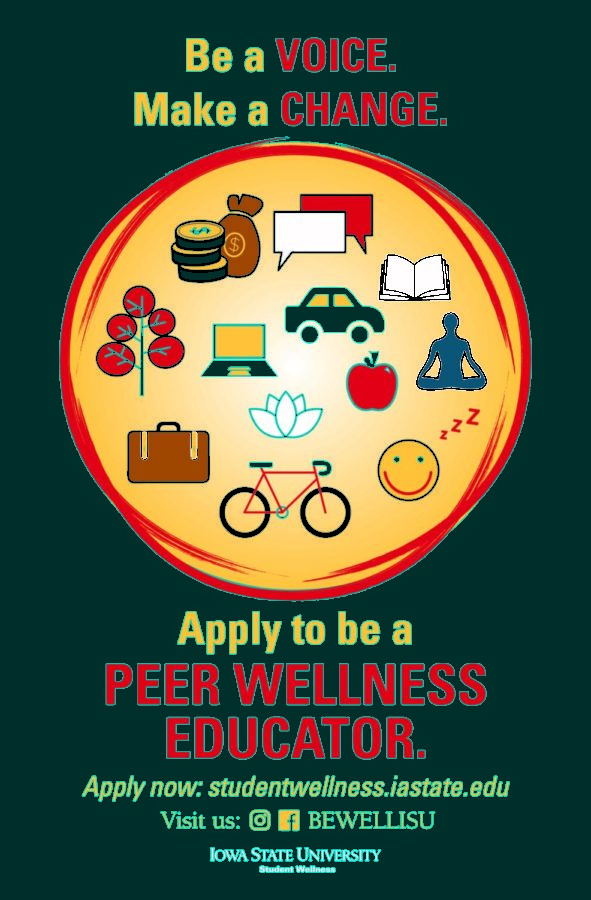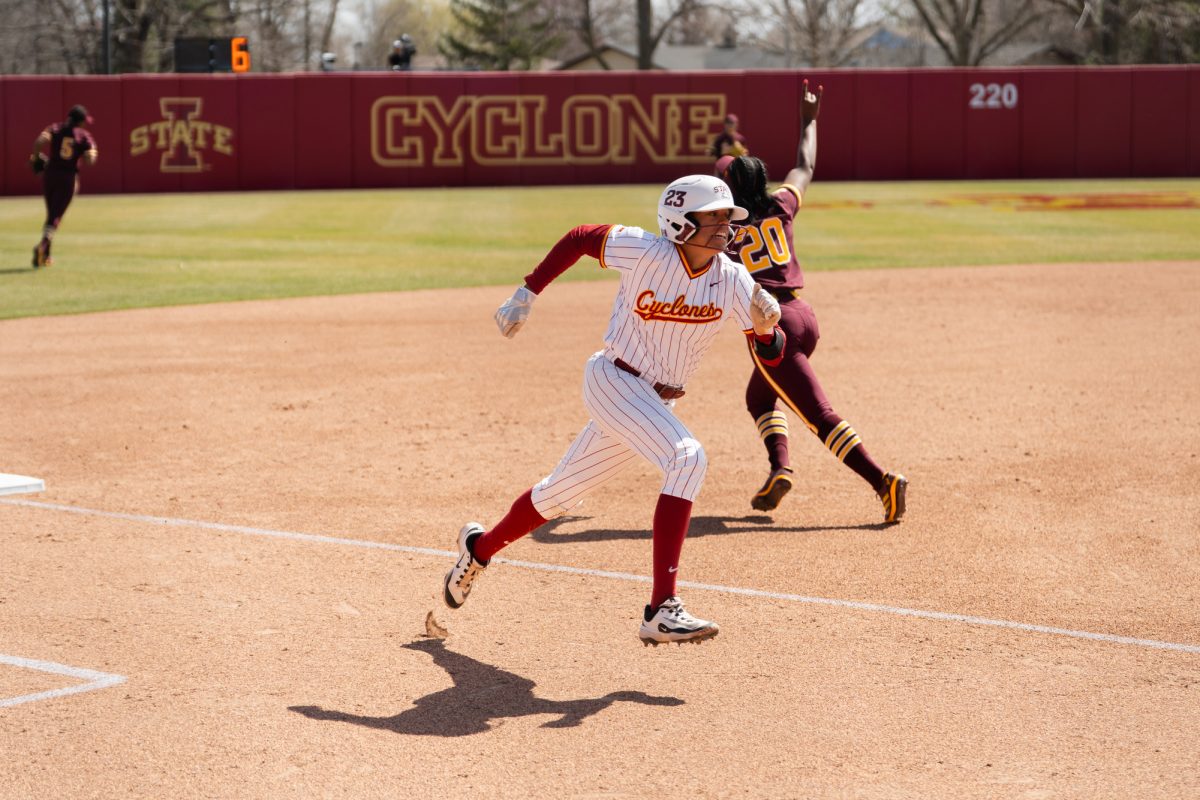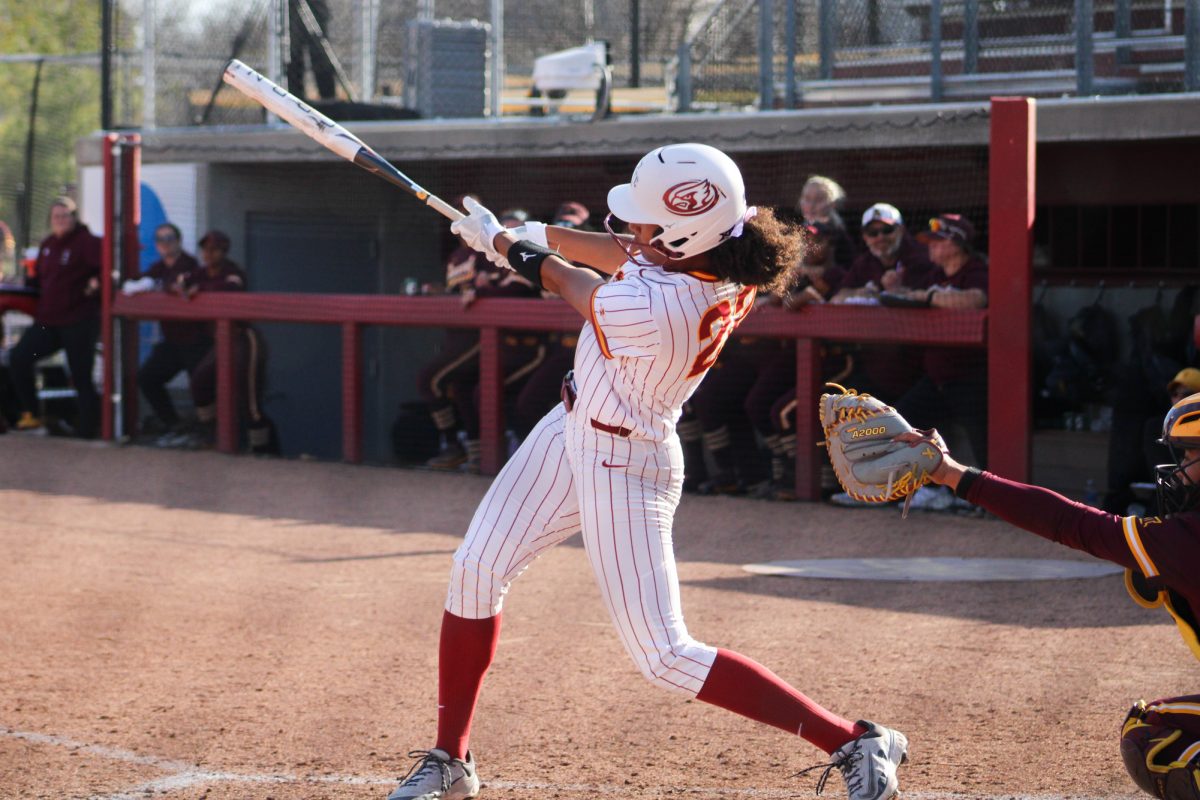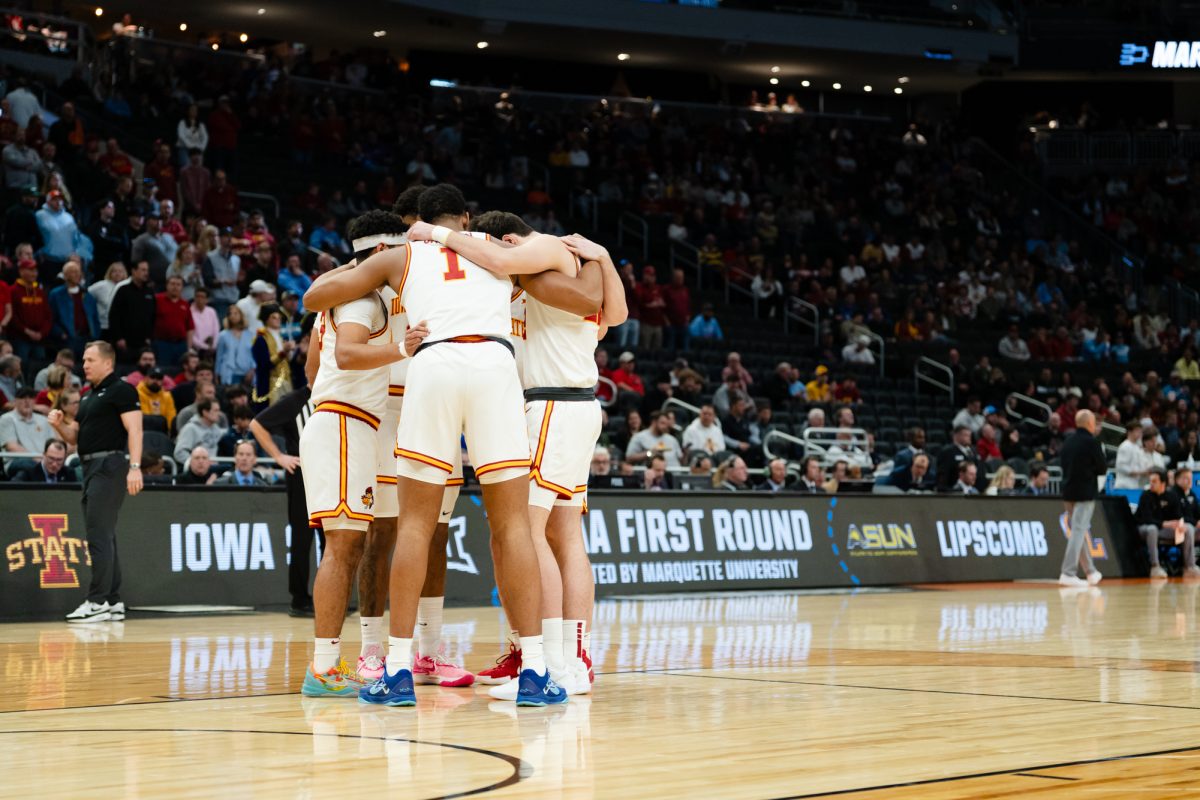Peer Wellness Educator position open for students passionate about outreach
Courtesy of Brian Vanderheyden
Peer Wellness Educators
February 26, 2017
Three university faculty members united to create Peer Wellness Educators, a new program out of the Wellness Center that will allow students to help others with struggles in college.
Students have until March 24 to apply for one of the 27 paid positions.
“The need [for Peer Wellness Educators] are already there,” Jazzmine Hudson, sexual misconduct prevention coordinator, said. “We are just being able to fill the need [for education] at a wider level.”
Students will work four to 10 hours a week on various outreach projects throughout the ISU community, supporting spiritual, mental and physical wellness.
“We hope to get any students from any academic background, or really just have an interest in working and helping other students is our only requirement,” Brian Vanderheyden, student wellness manager, said.
Hudson, Vanderheyden and Lisa Nolting, campus dietitian, are bringing their passions together to build the new program.
NOLTING: Growing up on a farm in northwest Iowa, Nolting has always been close to food. She witnessed the planting and harvesting season, which sparked a curiosity about where food comes from before it is placed on the dinner table.
She regularly peered over her mother’s shoulder in the kitchen as her mother mixed together fresh ingredients when cooking. Nolting was intrigued by the values that food add to the body, and her interest grew when she became a runner in high school.
“I love food,” Nolting said. “I love nutrition too, but food is my passion. I want students to enjoy food and not stress about it. Food is for both fuel and fun.”
Now, Nolting has found her niche working with students on campus through ISU Dining and as a pillar of the Peer Wellness Educators program. She is focusing on educating students on their dietary needs and how they can affect their overall wellness.
“People are going online and confusing Google for a dietitian,” Nolting said. “We want to make sure that when students are looking for food and nutrition information, they are getting that information from credible sources.”
HUDSON: While Hudson has a personal connection to sexual violence, she has seen a different side to not respecting boundaries as a residence hall director and hearing officer for sexual misconduct.
“It’s such a hard thing for someone to go through, and just being on the response end, I wanted to try and get them before they fall,” Hudson said.
She listened to stories of people whose space was invaded and how others didn’t understand them. Hudson knew that she had to help educate people on the subject, no matter how tough it would be.
“I think my passion for this came from […] always being at the forefront of experiencing this with students,” Hudson said.
As soon as Hudson accepted her job at Iowa State in June 2016, she knew there was a need for sexual violence awareness on campus. As a member of the starting committee for Peer Wellness Educators, she is able to give more outreach.
From sexual assault to stalking, Hudson is dedicated to educating students on the personal areas that might be hurting them in ways they never knew.
“I think it’s just overarchingly normalizing conversation,” Hudson said. “I think people are learning from each other, but is it correct information? Do people know about resources or know about how to help themselves in times of need?”
VANDERHEYDEN : When Vanderheyden started college, he almost dropped out his first semester because he was struggling with mental health and substance abuse. But with the help of campus professionals, he was able to get the resources he needed to move forward.
“I know how important wellness is to students being successful,” Vanderheyden said. “For me, this work is really personable because it helped me so much as a student.”
Bringing his experiences from college to Iowa State, Vanderheyden is determined to assist students in mental health struggles, substance abuse, sexual health and various other fronts.
Vanderheyden said a majority of public universities have some type of Peer Wellness Educators program on their campus, so he decided it was time to bring it to Ames.
“Since this is about students and for students, we really wanted [the Wellness Center’s] first program to be the peer education program,” Vanderheyden said. “We know from research that students oftentimes listen and have a lot of trust and respect with other students.”
The Peer Wellness Educators program will begin on campus in August. Working as a team, they will give educational presentations to groups on campus, work on a one-on-one basis, plan programs and events on campus and advocate for policy changes.
“They are really our main student group to work with other students to help them learn about health and wellness resources on campus,” Vanderheyden said.







